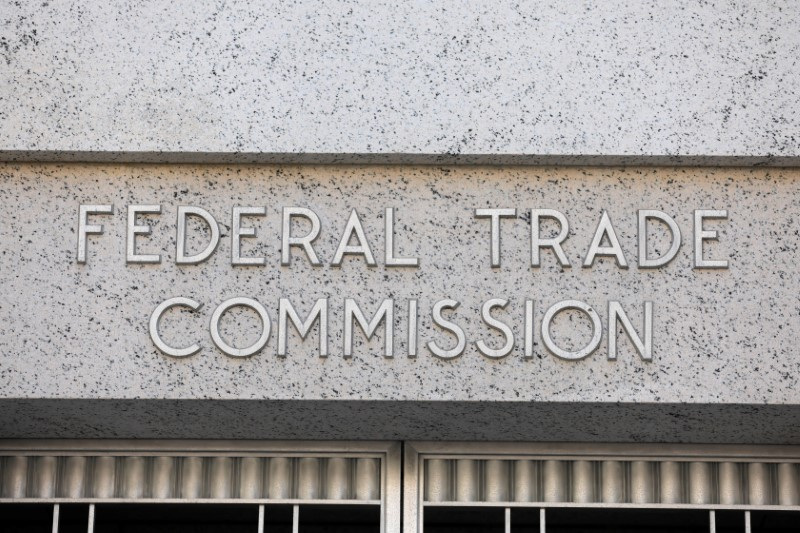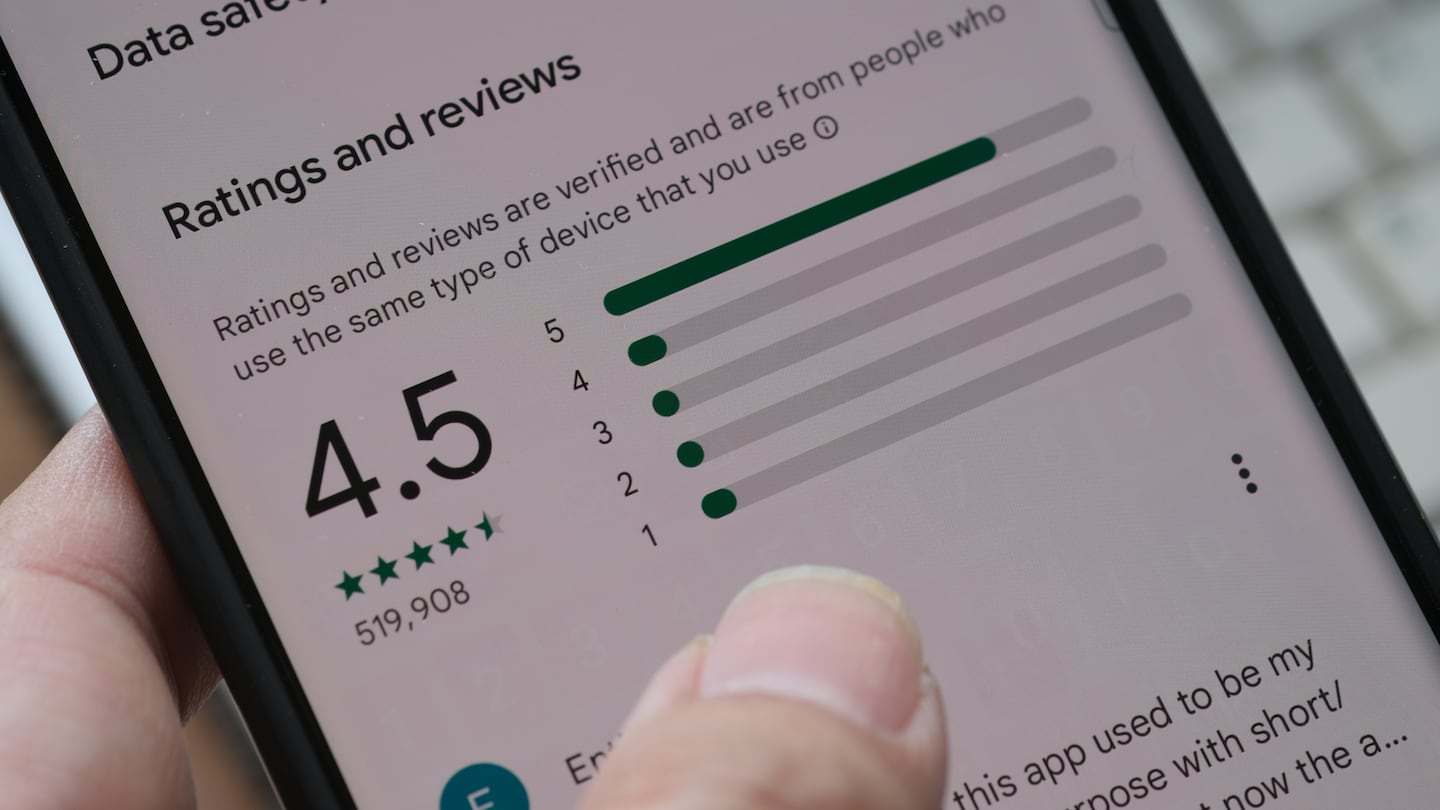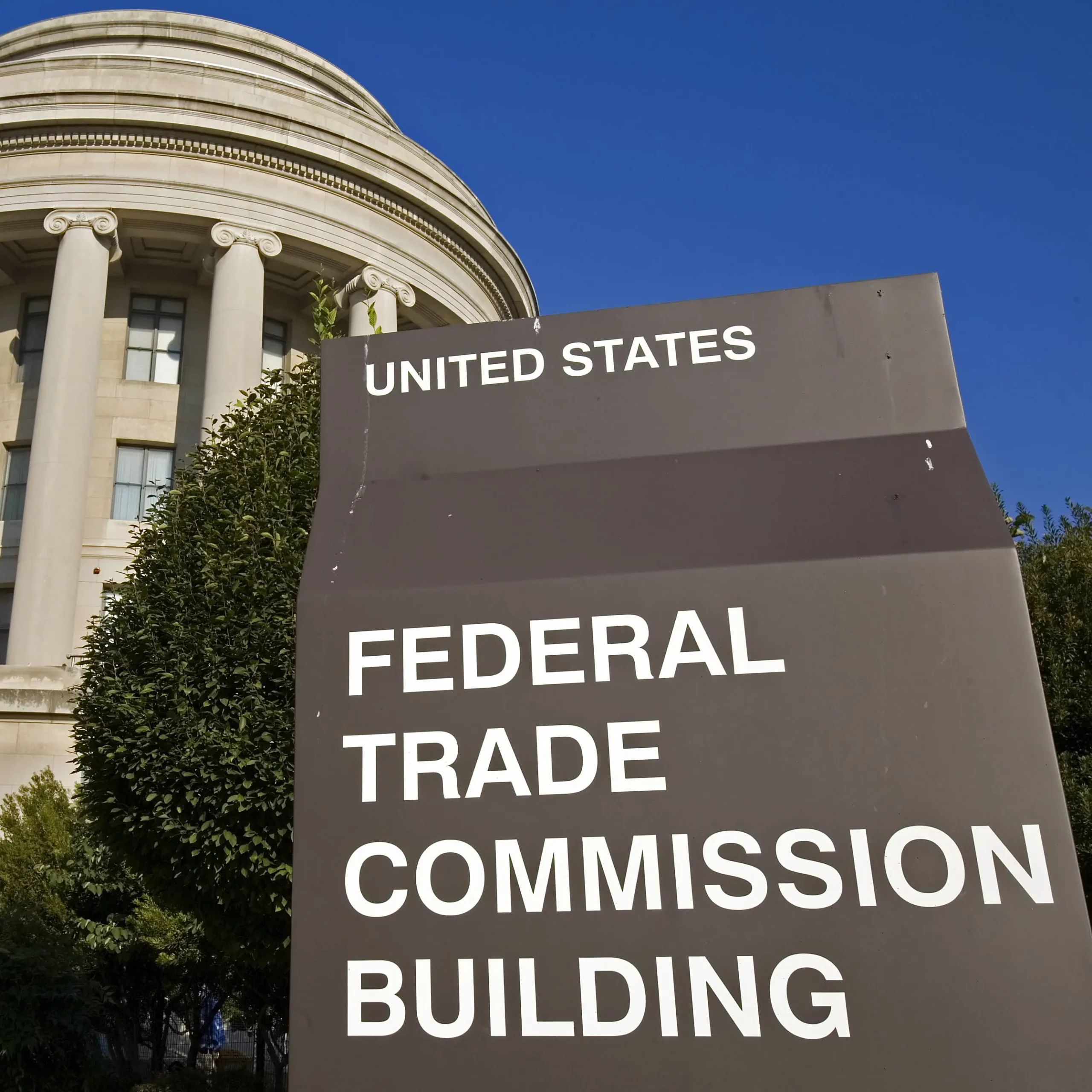Businesses involved in generating, buying, or promoting fake online reviews will now face significant financial penalties under a new Federal Trade Commission (FTC) rule announced on Wednesday. This rule aims to combat deceptive marketing practices, including the use of artificial intelligence (AI) to create fake reviews, censoring negative feedback, and paying third parties for positive reviews.

Scope of the New Rule
The FTC’s final rule marks a significant step in addressing the growing problem of fake online reviews. FTC Chair Lina M. Khan highlighted the issue’s seriousness, stating, “Fake reviews not only waste people’s time and money but also pollute the marketplace and divert business away from honest competitors.” The rule strengthens the FTC’s ability to combat deceptive advertising practices, ensuring that businesses that manipulate the system are held accountable. It is designed to promote fair competition and protect consumers from fraudulent practices.
The rise of AI technology has exacerbated the problem, enabling the creation of more convincing fake reviews. Companies like Amazon and Yelp have taken proactive measures to combat this issue. Amazon reported blocking over 250 million suspected fake reviews in 2023 and has initiated legal action against a broker of fake reviews. Similarly, Yelp identified and reported more than 950 suspicious groups, posts, or individuals involved in deceptive review practices.
Impact and Enforcement
The FTC’s new rule is set to effect 60 days after its publication in the Federal Register. Under this rule, businesses in violation could face civil penalties up to $51,744. Courts have the discretion to impose lesser amounts based on the specifics of each case. Samuel Levine, Director of the FTC’s Bureau of Consumer Protection, emphasized the importance of the new rule, stating, “We’re using all available means to attack deceptive advertising in the digital age.” The rule is expected to level the playing field for honest businesses and deter those who attempt to manipulate online reviews for profit.
The Rise of Fake Reviews
The prevalence of fake reviews has become a major concern, with estimates suggesting that between 30% and 40% of online reviews are either fabricated or misleading. The issue has been particularly pronounced during the COVID-19 pandemic, as more consumers turned to online shopping, increasing the opportunities for fraudulent review practices.
Consumer advocacy groups have highlighted the need for stringent measures to address this problem. The FTC’s new rule represents a critical effort to curb deceptive advertising practices and restore trust in online review systems. The FTC aims to protect consumers and ensure a more transparent and competitive marketplace by targeting businesses that engage in these fraudulent activities.

The FTC’s new rule against fake online reviews is a significant development in the fight against deceptive marketing practices. It underscores the agency’s commitment to promoting fair competition and protecting consumers from misleading information. With enforcement set to begin in the coming months, businesses should prepare for the potential impact of these new regulations on their operations.
